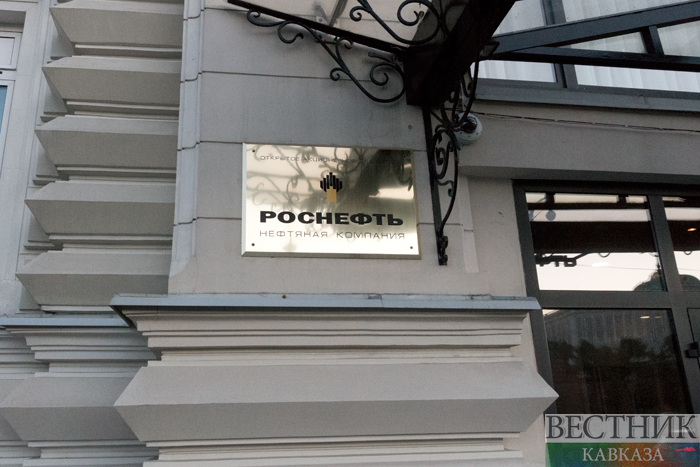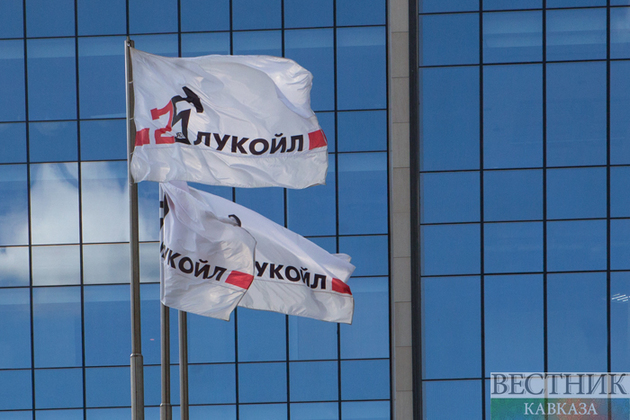Italy has increased its imports of Russian crude despite EU efforts to end ties to Russian energy in an unintended consequence of western sanctions against the Kremlin, Financial Times writes.
Russia has exported about 450,000 barrels per day of crude to Italy this month, more than four times as much as in February and the most since 2013, according to Kpler, a commodity data company. As a result, Italy is set to overtake the Netherlands as the EU’s largest import hub for seaborne Russian crude. Two-thirds of those exports are destined for Augusta, a port in Sicily near the Russian-controlled ISAB refinery.
The refinery, which is owned by Moscow-based company Lukoil, used to secure a variety of supplies worldwide thanks to credit lines from European banks. Although Lukoil is not under sanctions, lenders have stopped providing financing after the EU imposed sanctions on Moscow over its special operation in Ukraine, forcing the refinery to rely solely on supplies from its parent company, according to government officials, bankers and union leaders with knowledge of the shipments.
"The EU wanted to penalise Russian energy imports but here it’s actually been incentivised."
“It’s paradoxical, the EU wanted to penalise Russian energy imports but here it’s actually been incentivised,” said Alessandro Tripoli, secretary-general of the FEMCA CISL union for the Syracuse and Ragusa provinces in Sicily. “Only 30 per cent of ISAB’s crude was Russian before the sanctions, now it’s 100 per cent because Italian banks blocked the refinery’s credit lines so Lukoil has become its only supplier.”
The growing crude shipments to Russian-owned refineries in the EU come as the bloc is working on ways to wean itself off Russian fossil fuels and underline the complexity of implementing an embargo on Russian oil imports, as Brussels has urged.
ISAB processes up to 22 per cent of Italy’s crude and exports to dozens of countries. Founded in 1972, it was acquired in 2008 by Litasco, a Switzerland-based entity controlled by Lukoil.
Russian crude exports have also jumped to the port of Trieste, close to Italy’s north-eastern border with Slovenia. The port is connected via the Transalpine pipeline to two refineries in Germany that are part-owned by Rosneft, another Russian energy company.

The surge in crude shipments comes as Italian prime minister Mario Draghi has made it a priority to reduce the country’s dependence on Russian gas in a big foreign policy shift. He wants the EU to implement an embargo on imports of Russian oil, but Hungary has so far said it will not accept such a ban.
ISAB is one of the local area’s largest employers and workers’ unions and local politicians warn that a Russian oil embargo would cause the immediate shutdown of the refinery and severely damage the local economy. It includes other large petrochemical plants and many smaller companies that are part of their supply chains.
“Should an EU embargo enter into force, they will have no crude oil to refine any more and will be forced to close down,” said Simone Tagliapietra, senior fellow at Bruegel, a think-tank. “In this case, given the effects on energy security and jobs, governments might need to temporarily nationalise these assets.”
Officials in Rome said the government wanted to avoid the refinery’s shutdown in case of an escalation of economic sanctions against Russia and is studying the viable options under domestic and international law. Officials at the Ministry of Economic Development said nationalisation was not at present on the table.
Most oil enters Europe via the sea on tankers but crude oil supplies also come through the Druzhba pipeline from central Russia to refineries in Belarus, Poland, Germany, Slovakia, the Czech Republic and Hungary. Some Kazakh oil is also exported from Russian ports but Viktor Katona, of Kpler, said these deliveries were routine and steady.
Flows along the Druzhba pipeline to Germany in May to date are below 300,000 b/d, according to data from OilX, an energy analytics group, but seaborne exports to Germany have plummeted to zero, meaning Italy is poised to become the continent’s largest importer of Russian crude.






